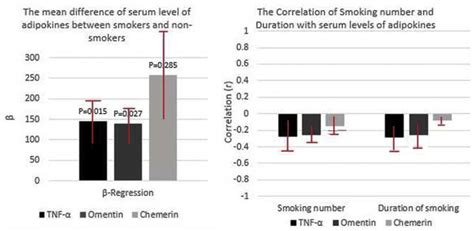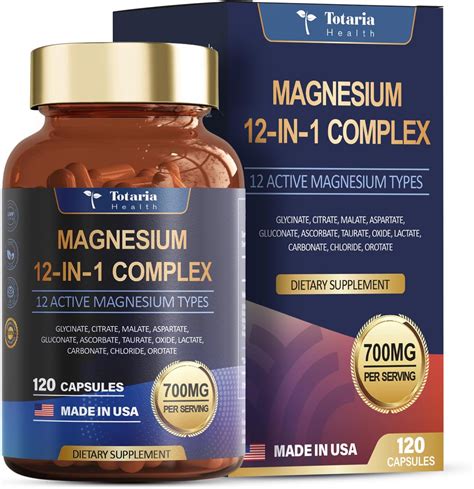Beyond protein: What micronutrients optimize male energy & testosterone?

Unlocking Male Vitality: The Micronutrient Advantage
When it comes to male health, energy, and hormonal balance, protein often takes center stage. While undeniably vital for muscle growth and satiety, a deeper dive into nutrition reveals a cast of unsung heroes: micronutrients. These vitamins and minerals, required in smaller quantities, are pivotal for a cascade of biological processes, including energy production and the synthesis of testosterone. Ignoring them can leave men feeling fatigued, sluggish, and potentially impact their hormonal well-being.

Zinc: The Testosterone Powerhouse
Zinc is arguably one of the most critical minerals for male reproductive health and testosterone production. Studies have consistently shown that zinc deficiency can lead to decreased testosterone levels. It plays a crucial role in regulating luteinizing hormone (LH), which signals the testes to produce testosterone. Beyond hormones, zinc is essential for immune function, wound healing, and DNA synthesis, all contributing to overall energy and vitality. Rich sources include red meat, shellfish (especially oysters), nuts, and legumes.
Magnesium: The Stress Reliever & Energy Optimizer
Magnesium participates in over 300 enzymatic reactions in the body, many of which are directly involved in energy production (ATP synthesis). It also contributes to muscle function, nerve transmission, blood glucose control, and blood pressure regulation. For testosterone, magnesium helps reduce oxidative stress and inflammation, which can hinder hormone production. Furthermore, it plays a role in binding sex hormone-binding globulin (SHBG), potentially increasing free (bioavailable) testosterone levels. Leafy green vegetables, nuts, seeds, and dark chocolate are excellent sources.

Vitamin D: More Than Just Bone Health
Often referred to as the “sunshine vitamin,” Vitamin D is actually a hormone precursor, and its role extends far beyond bone health. Research indicates a strong correlation between adequate Vitamin D levels and healthy testosterone. It influences the synthesis of steroid hormones, including testosterone, and may improve sperm quality. Low levels of Vitamin D are often associated with lower testosterone and reduced energy. Sunlight exposure is the primary source, but fatty fish, fortified dairy, and supplements can help maintain optimal levels, especially in regions with limited sun.

B Vitamins: The Energy Powerhouses
The entire B-vitamin complex (B1, B2, B3, B5, B6, B7, B9, B12) is indispensable for energy metabolism. They act as coenzymes in converting food into usable energy, supporting neurological function, and maintaining red blood cell production. Specifically, B6 is involved in steroid hormone metabolism, while B12 is vital for nerve health and red blood cell formation, directly impacting energy levels. A deficiency in B vitamins can manifest as fatigue, irritability, and decreased stamina. Whole grains, meat, eggs, dairy, and leafy greens are good sources.
Other Crucial Micronutrients
- Boron: Emerging research suggests boron can positively impact testosterone levels by reducing SHBG and increasing free testosterone. It also aids in Vitamin D metabolism.
- Selenium: An important antioxidant that supports thyroid function, which is intrinsically linked to energy metabolism and hormonal balance.
- Vitamin K2: Works synergistically with Vitamin D, contributing to overall hormonal health and bone strength.
- Omega-3 Fatty Acids: While technically macronutrients, these essential fats are crucial for reducing inflammation and supporting overall cellular function, indirectly aiding hormone production and energy.

Embracing a Holistic Nutritional Approach
Optimizing male energy and testosterone goes far beyond simply consuming enough protein. It requires a nuanced understanding and consistent intake of these vital micronutrients. A balanced diet rich in whole foods, including a variety of fruits, vegetables, lean proteins, and healthy fats, is the cornerstone. Regular exercise, adequate sleep, and stress management are also non-negotiable components of a holistic approach to male vitality. By focusing on these often-overlooked micronutrients, men can unlock their full potential, experiencing improved energy, sharper focus, and robust hormonal health.









